Pakistan's Global Trade: Ahsan's Plea For Technological Advancement

Table of Contents
The Current State of Pakistan's Global Trade
Pakistan's global trade is characterized by a persistent trade deficit, indicating a significant imbalance between imports and exports. This deficit puts pressure on the national economy, impacting foreign exchange reserves and overall economic stability. The country's export sector is heavily reliant on a few key commodities, primarily textiles, making it vulnerable to global price fluctuations and shifts in international demand. This over-reliance highlights a crucial weakness: a lack of export diversification. Furthermore, Pakistan's dependence on imported machinery and technology contributes to the trade deficit and limits its capacity for industrial upgrading.
- High reliance on a few export commodities: The textile industry, while vital, doesn't offer sufficient resilience against external shocks. Diversification into high-value-added products and technology-driven sectors is crucial.
- Dependence on imported machinery and technology: This dependence increases costs, hinders innovation, and limits the potential for value addition within the domestic industries.
- Lack of competitiveness in global markets: Outdated technologies and limited access to advanced machinery make Pakistani products less competitive in terms of price and quality compared to international counterparts.
- Impact of global economic fluctuations: Pakistan's trade is highly susceptible to global economic downturns, as evidenced by the recent impacts of inflation and supply chain disruptions.
Ahsan Iqbal's Advocacy for Technological Upgradation
Minister Ahsan Iqbal has consistently emphasized the critical need for technological advancement to revitalize Pakistan's global trade. His proposals focus on a comprehensive approach, encompassing investment in research and development (R&D), adoption of modern technologies, and the development of a robust digital economy. He advocates for leveraging technology to enhance productivity, create high-skilled jobs, and improve the overall competitiveness of Pakistani industries.
- Investment in research and development: Iqbal stresses the importance of increased public and private sector investment in R&D to foster innovation and the development of indigenous technologies.
- Adoption of automation and AI in manufacturing: He promotes the integration of automation and artificial intelligence (AI) in manufacturing processes to enhance efficiency, reduce costs, and improve product quality.
- Development of a robust digital economy: Iqbal emphasizes the potential of the digital economy to create new export opportunities and attract foreign investment. This includes investments in digital infrastructure and skills development.
- Focus on skills development and human capital: Recognizing the crucial role of a skilled workforce, Iqbal calls for targeted investments in education and training programs to equip Pakistanis with the skills needed to thrive in a technologically advanced economy.
Strategies for Technological Advancement in Pakistan's Trade
Realizing Ahsan Iqbal's vision requires a multi-pronged strategy focused on facilitating technological advancement within Pakistan's trade sector. This involves leveraging public-private partnerships, implementing supportive policies, and investing in crucial infrastructure.
- Public-private partnerships (PPPs) to fund technological upgrades: PPPs can effectively channel private sector expertise and capital into upgrading existing industries and developing new technologies.
- Incentivizing technological adoption through tax breaks and subsidies: Providing financial incentives can encourage businesses to invest in new technologies and adopt more efficient production processes.
- Investing in infrastructure development (e.g., broadband internet access): Broadband access is essential for a thriving digital economy and for businesses to adopt and utilize advanced technologies.
- Strengthening trade agreements and international collaborations to facilitate technology transfer: Strategic partnerships with technologically advanced countries can accelerate technology transfer and provide access to advanced knowledge and expertise.
- Promoting entrepreneurship and innovation in the technology sector: Creating a supportive ecosystem for tech startups and entrepreneurs is crucial for driving innovation and developing homegrown technological solutions.
The Role of Export Diversification and Import Substitution
Technological advancement is not merely about upgrading existing industries; it's also about creating new opportunities for export diversification and import substitution.
- Developing high-value-added products for export: Technological advancements enable Pakistan to move beyond low-value-added products and compete in higher-margin sectors, improving the trade balance.
- Reducing reliance on imported goods through domestic production: By developing local technological capabilities, Pakistan can produce goods currently imported, reducing the trade deficit and boosting domestic industries.
- Creating new export opportunities in emerging technologies: Investing in sectors like information technology (IT), renewable energy, and biotechnology can unlock new export markets and revenue streams.
- Strengthening domestic industries through technological innovation: Technological innovation can improve the efficiency, productivity, and competitiveness of domestic industries, enabling them to compete effectively in the global market.
Conclusion
Minister Ahsan Iqbal's urgent call for technological advancement in Pakistan's global trade is crucial for the nation's economic future. By strategically investing in technological infrastructure, promoting innovation, and fostering public-private partnerships, Pakistan can overcome its trade deficit, diversify its exports, and enhance its global competitiveness. Embracing technological advancements is no longer optional; it’s essential for boosting Pakistan's global trade and securing its economic prosperity. Let's act now to improve Pakistan's global trade through focused technological advancement and build a more prosperous future for Pakistan.

Featured Posts
-
 Antqal Jysws Lflamnghw Alshmrany Yubdy Rayh
May 08, 2025
Antqal Jysws Lflamnghw Alshmrany Yubdy Rayh
May 08, 2025 -
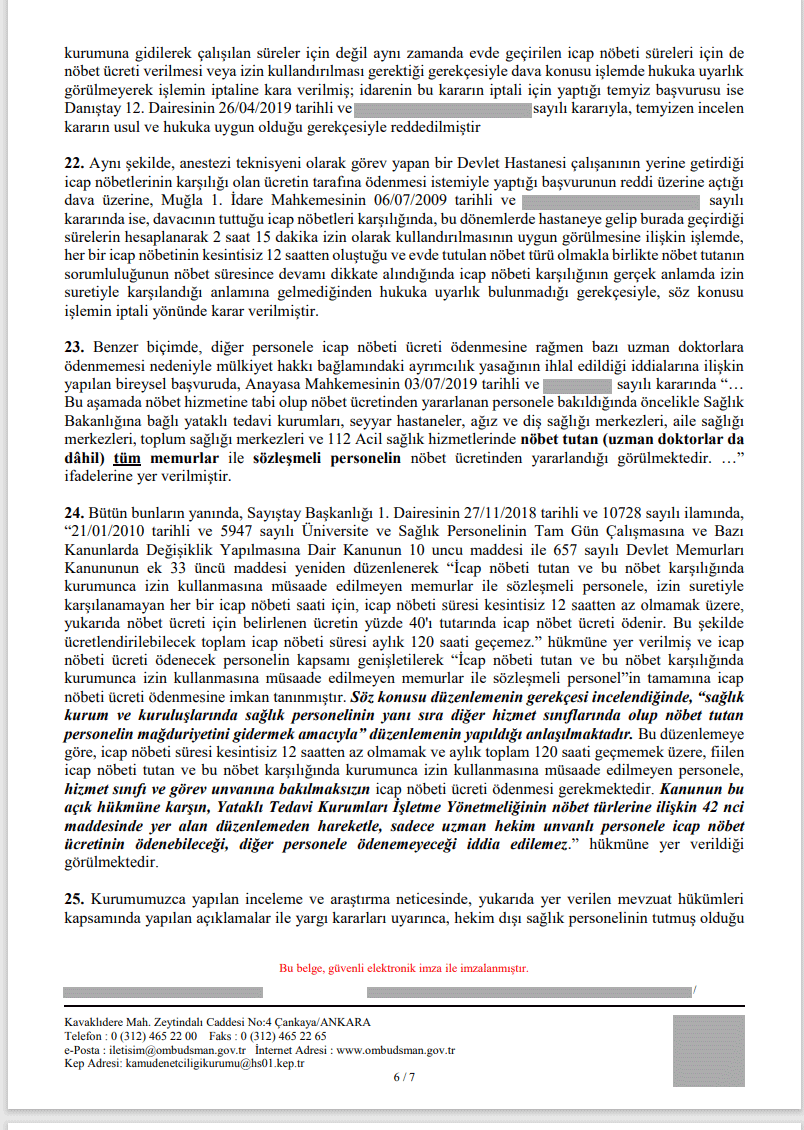 Hekim Disi Personel Alimi Saglik Bakanligi Nin Son Aciklamasi Ve Basvuru Suereci
May 08, 2025
Hekim Disi Personel Alimi Saglik Bakanligi Nin Son Aciklamasi Ve Basvuru Suereci
May 08, 2025 -
 Star Wars Andor 3 Free Episodes Available On You Tube
May 08, 2025
Star Wars Andor 3 Free Episodes Available On You Tube
May 08, 2025 -
 Smokey Robinson Four Former Employees Accuse Him Of Sexual Assault
May 08, 2025
Smokey Robinson Four Former Employees Accuse Him Of Sexual Assault
May 08, 2025 -
 How Breaking Bread With Scholars Can Advance Your Research
May 08, 2025
How Breaking Bread With Scholars Can Advance Your Research
May 08, 2025
Latest Posts
-
 Bitcoin Price Recovery What You Need To Know
May 09, 2025
Bitcoin Price Recovery What You Need To Know
May 09, 2025 -
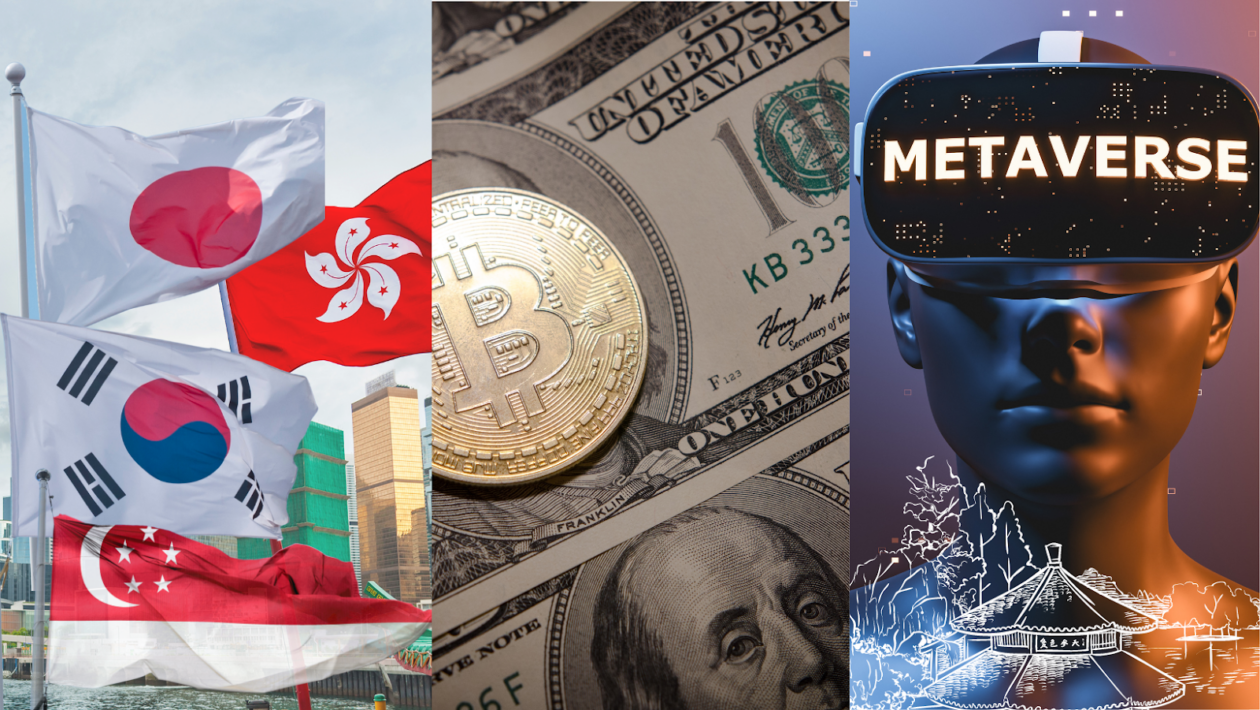 Bitcoin Seoul 2025 Networking And Innovation In Asias Crypto Hub
May 09, 2025
Bitcoin Seoul 2025 Networking And Innovation In Asias Crypto Hub
May 09, 2025 -
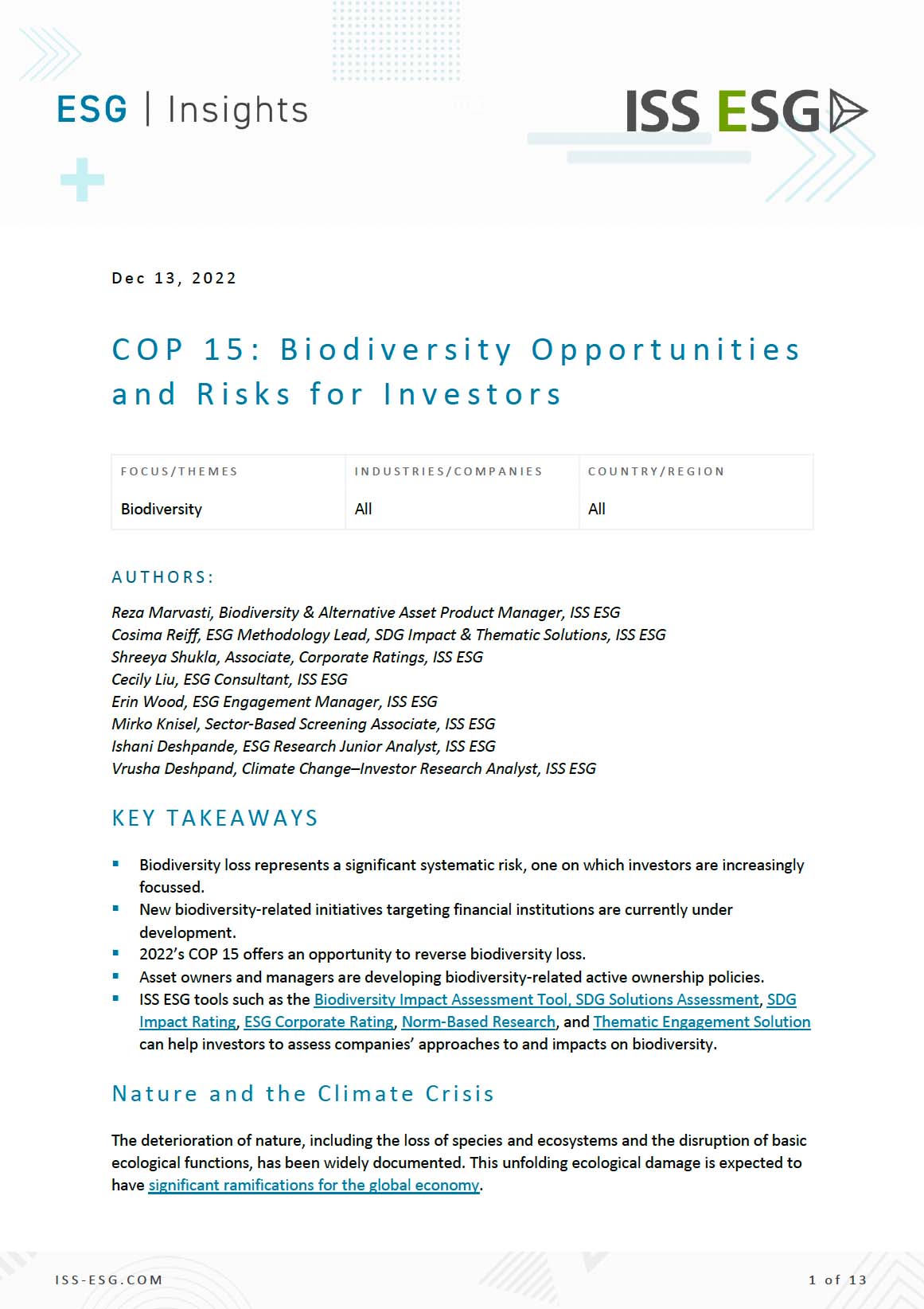 Recent Bitcoin Rebound Opportunities And Risks For Investors
May 09, 2025
Recent Bitcoin Rebound Opportunities And Risks For Investors
May 09, 2025 -
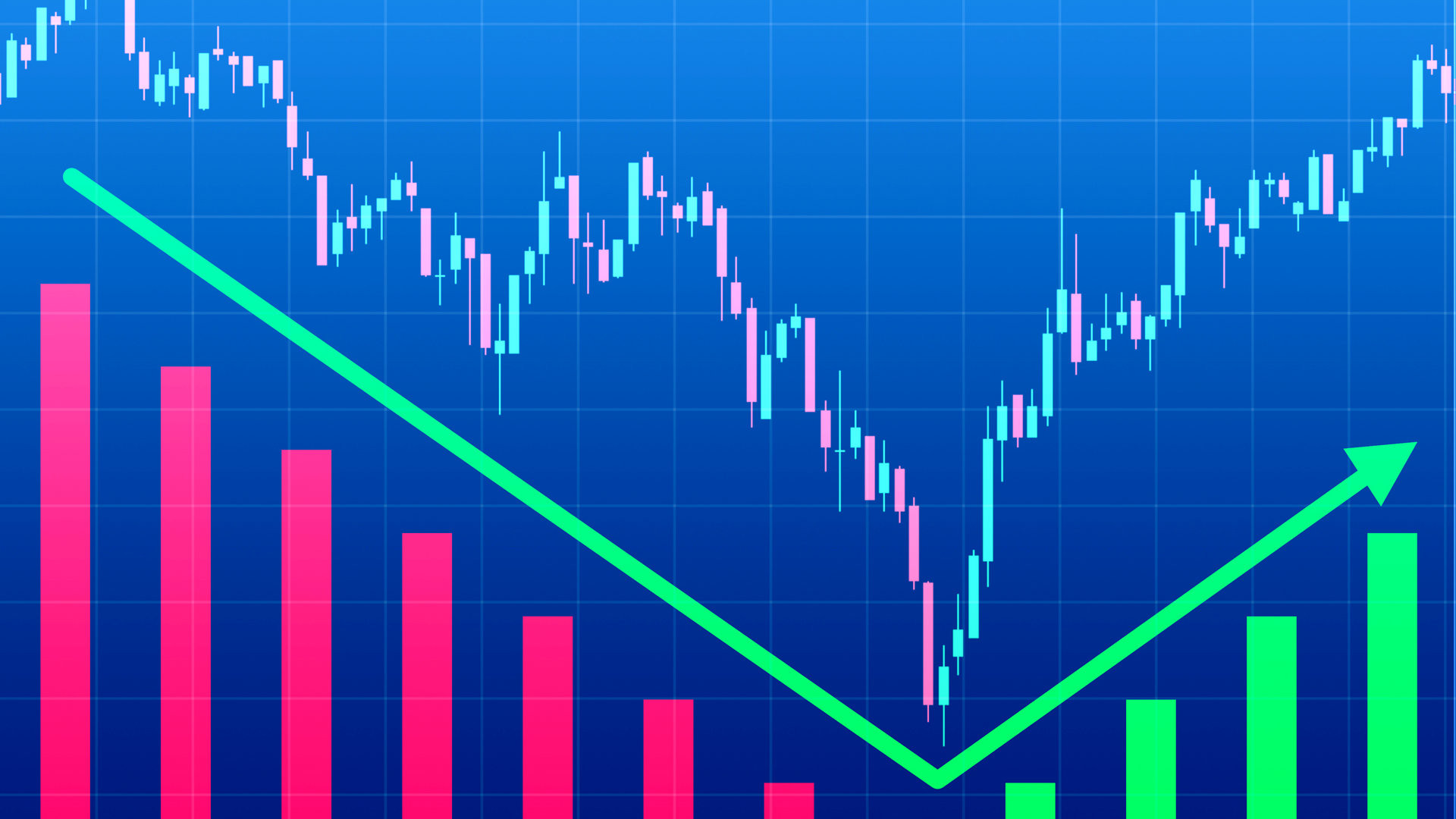 Will The Bitcoin Rebound Continue Market Analysis And Forecasts
May 09, 2025
Will The Bitcoin Rebound Continue Market Analysis And Forecasts
May 09, 2025 -
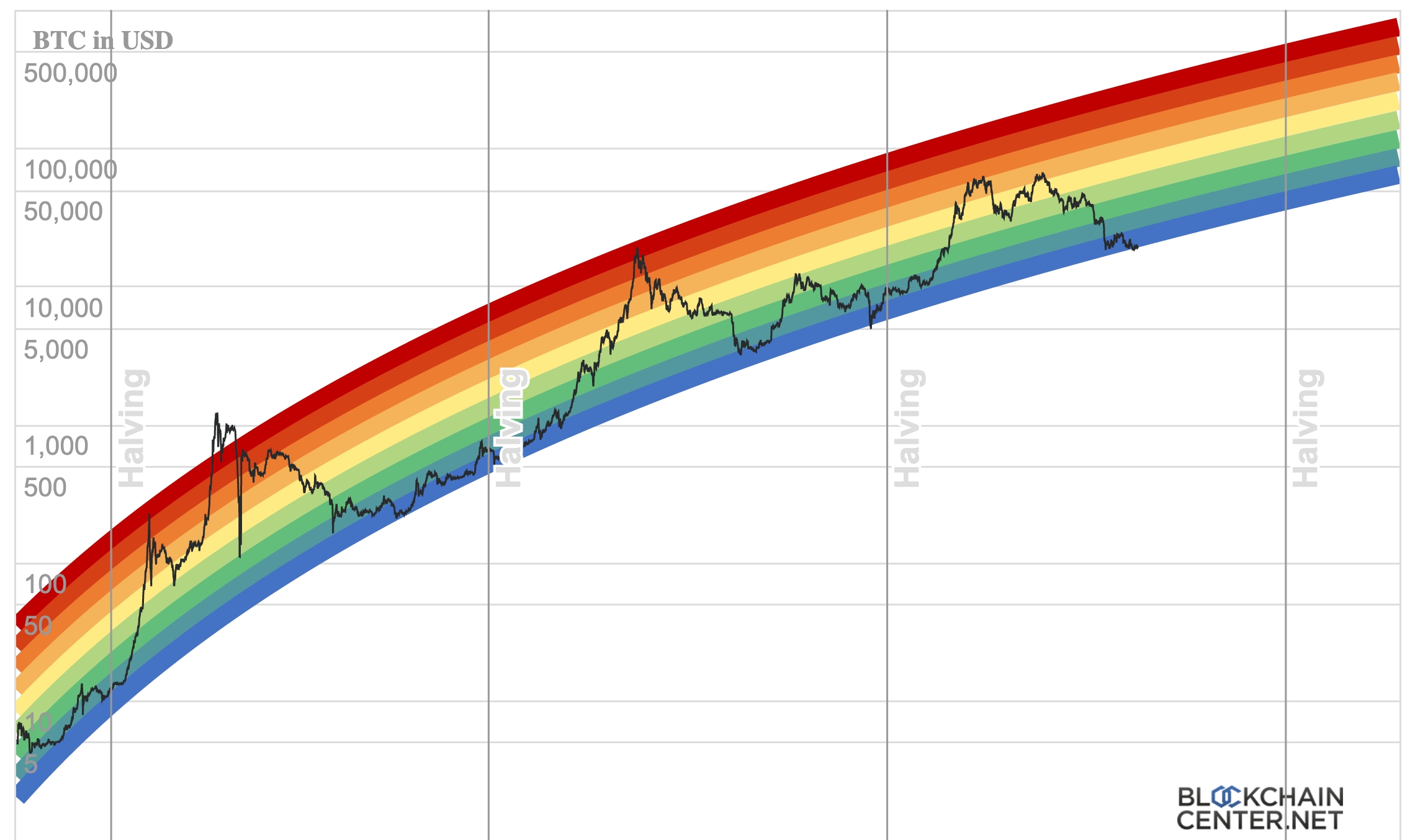 The Bitcoin Rebound Long Term Implications And Future Outlook
May 09, 2025
The Bitcoin Rebound Long Term Implications And Future Outlook
May 09, 2025
